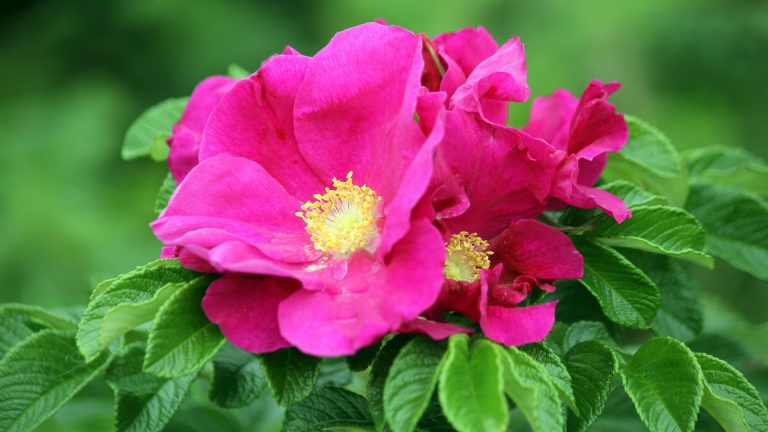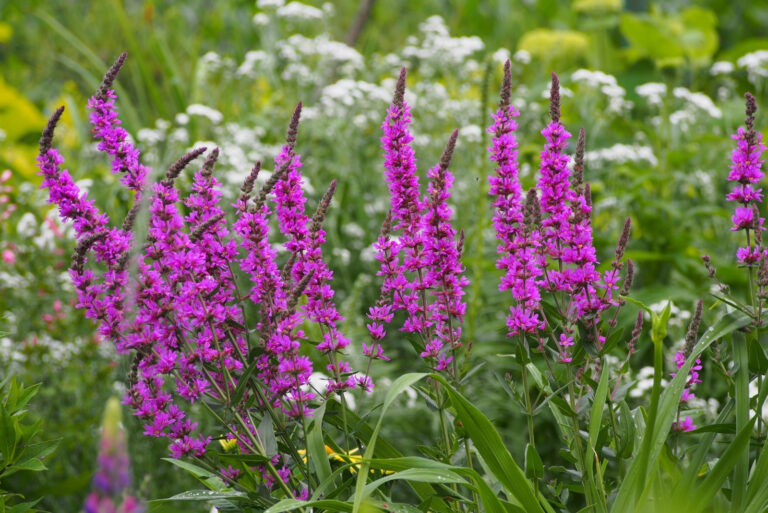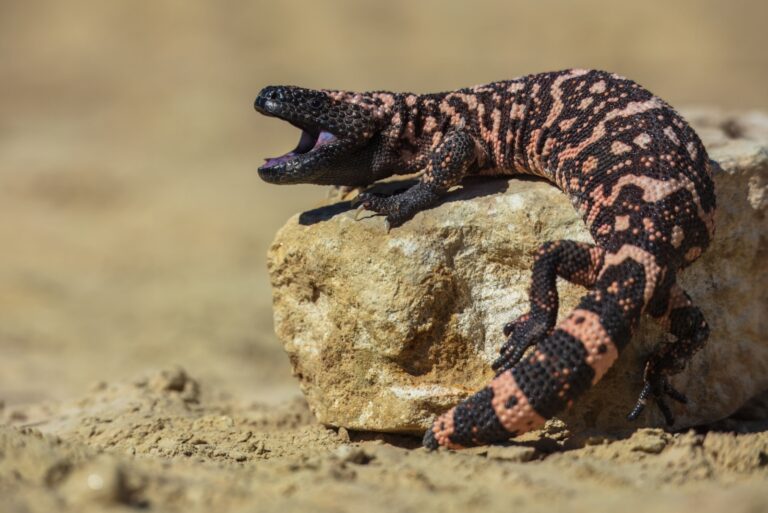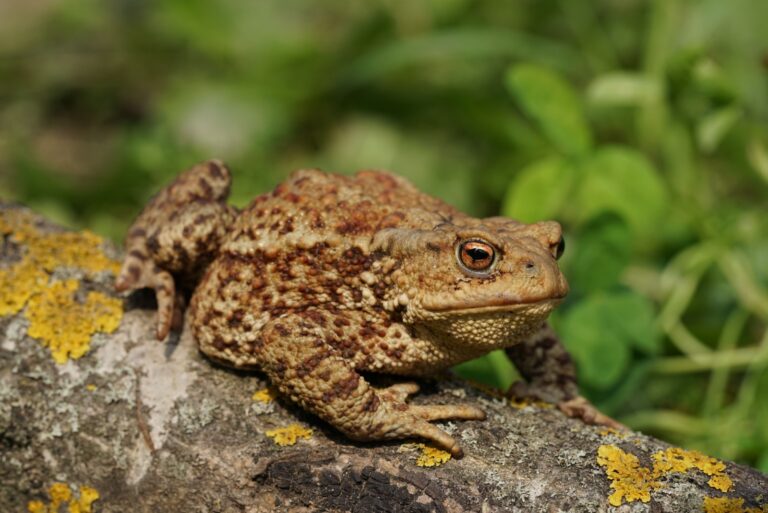7 Reasons Fireflies Are Slowly Disappearing In Florida
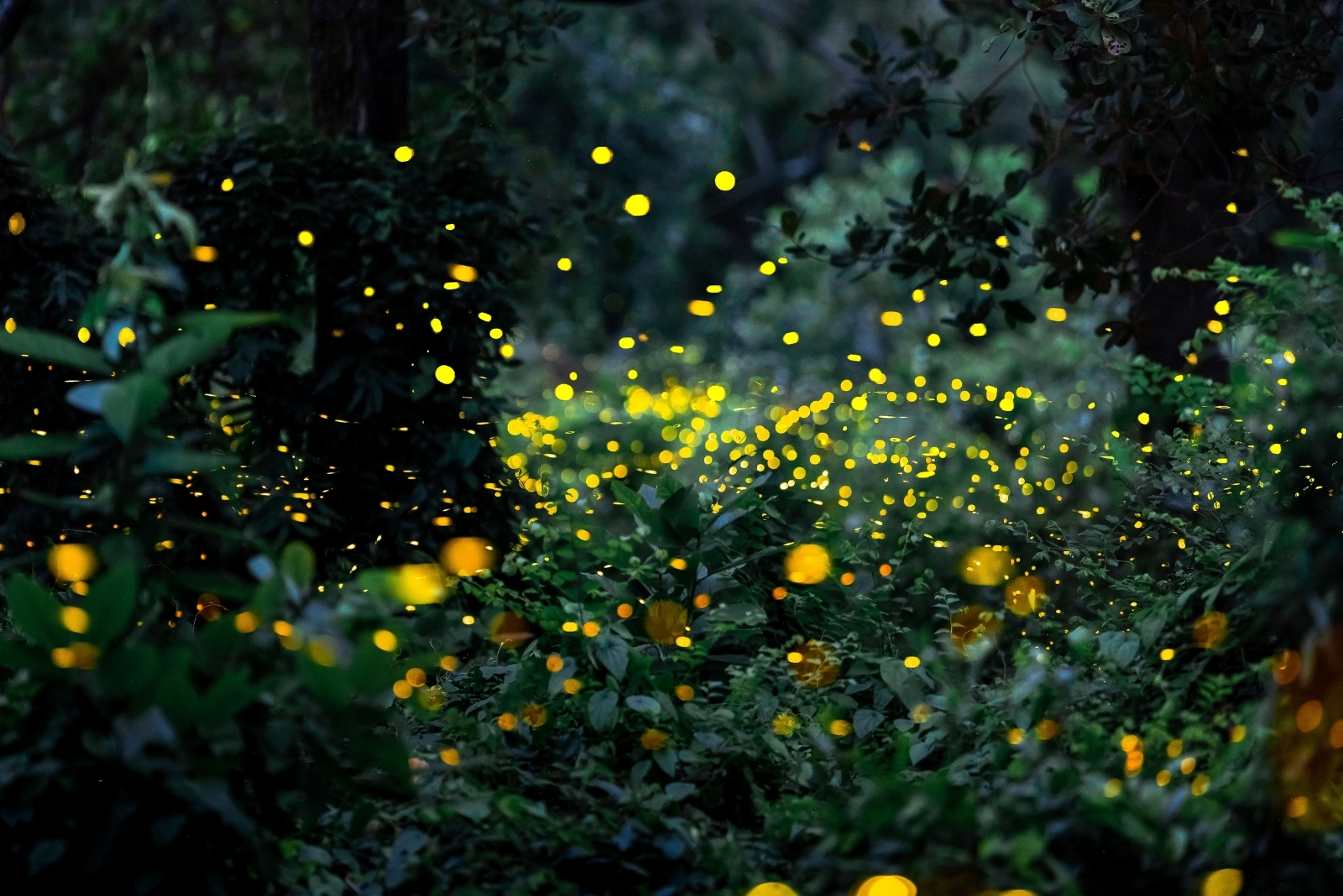
Florida nights used to sparkle with fireflies, but now their glow is fading. Habitat loss, light pollution, and other challenges are taking a toll.
Understanding what’s happening can help you make small changes in your yard to protect them. Even tiny efforts can bring back a bit of that magical shimmer.
1. Light Pollution Drowns Out Their Signals
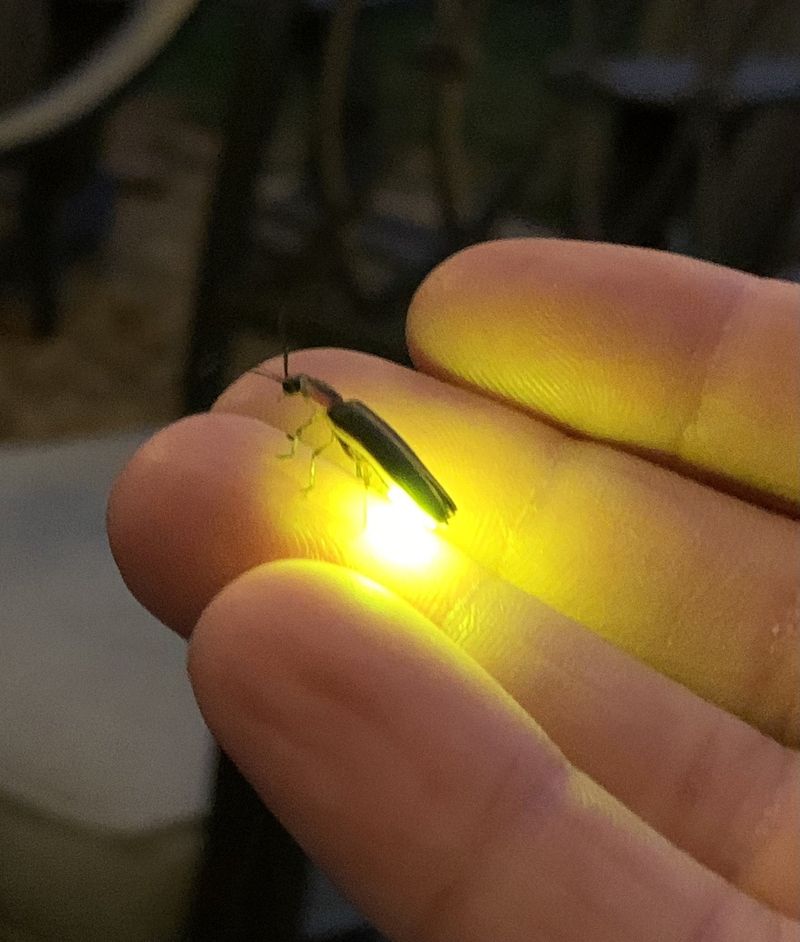
City lights, streetlamps, and glowing billboards make it nearly impossible for fireflies to find mates in Florida. Male fireflies flash specific patterns to attract females, but artificial lighting confuses these signals completely.
When fireflies cannot communicate properly, they struggle to reproduce and their populations drop fast. Many Florida neighborhoods that once sparkled with fireflies now shine only with human-made lights.
Turning off unnecessary outdoor lights during summer evenings can help these insects survive.
2. Pesticide Use Harms Firefly Populations
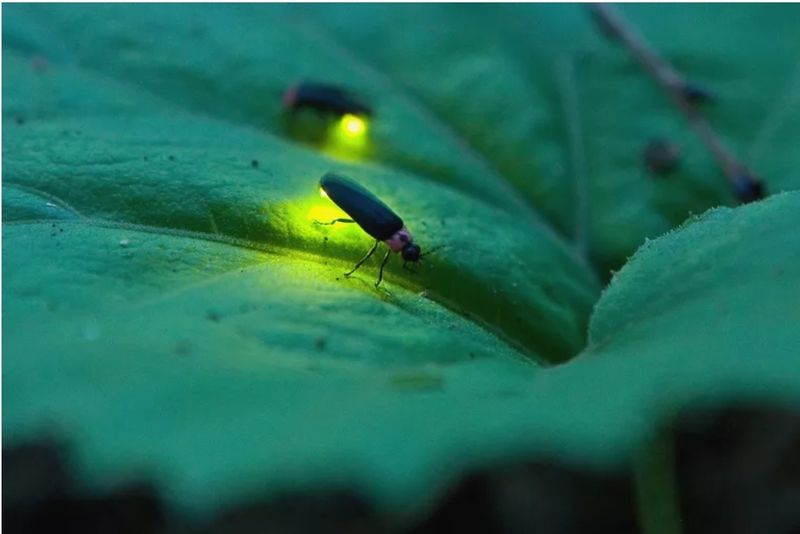
Chemicals sprayed on lawns and gardens to kill mosquitoes often poison fireflies too. Florida homeowners frequently treat their yards without realizing the damage these pesticides cause to beneficial insects.
Firefly larvae live in soil and leaf litter, where they absorb harmful chemicals directly. Even small amounts of pesticides can kill young fireflies before they ever get a chance to glow.
Choosing natural pest control methods protects fireflies and keeps Florida yards healthier overall.
3. Habitat Loss Eliminates Safe Spaces
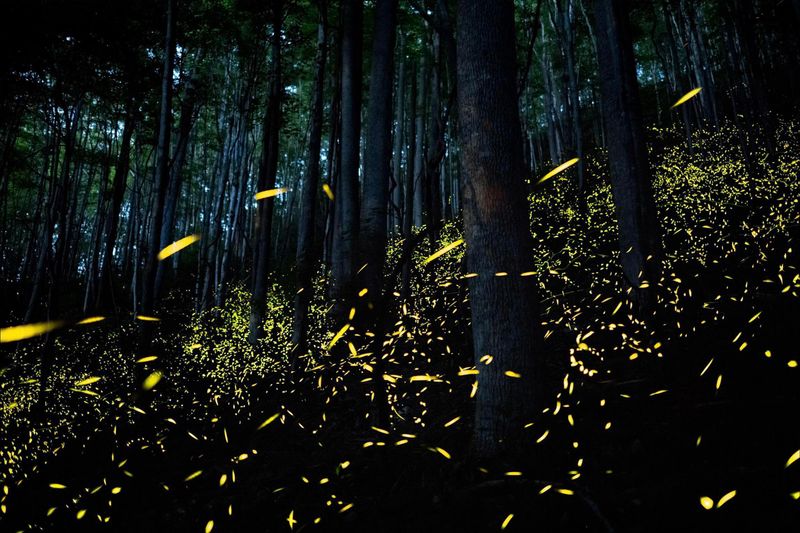
Every time a wetland gets drained or a forest gets cleared for development in Florida, fireflies lose their homes. These insects need specific environments with moist soil, tall grass, and plenty of hiding spots.
Urban sprawl replaces natural firefly habitats with concrete parking lots and manicured lawns that cannot support their lifecycle. Female fireflies lay eggs in damp ground, which disappears when land gets paved over.
Preserving wild spaces in Florida communities gives fireflies room to thrive.
4. Climate Change Disrupts Their Lifecycle
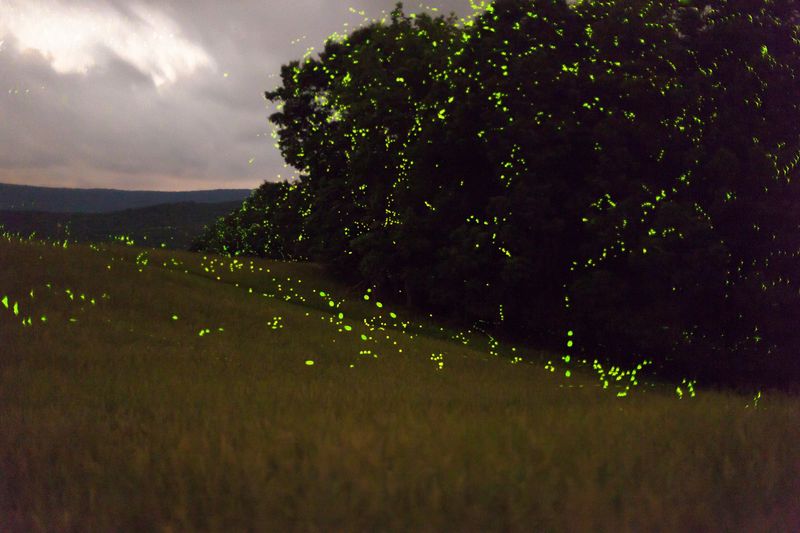
Rising temperatures and unpredictable weather patterns in Florida throw off the delicate timing fireflies depend on. Warmer winters can cause fireflies to emerge too early, before their food sources are available.
Extended droughts dry out the moist environments firefly larvae need to survive underground. Sudden floods can wash away eggs and young fireflies before they mature.
Climate shifts make it harder for Florida fireflies to complete their natural cycle successfully each year.
5. Loss of Native Plants Reduces Food Sources
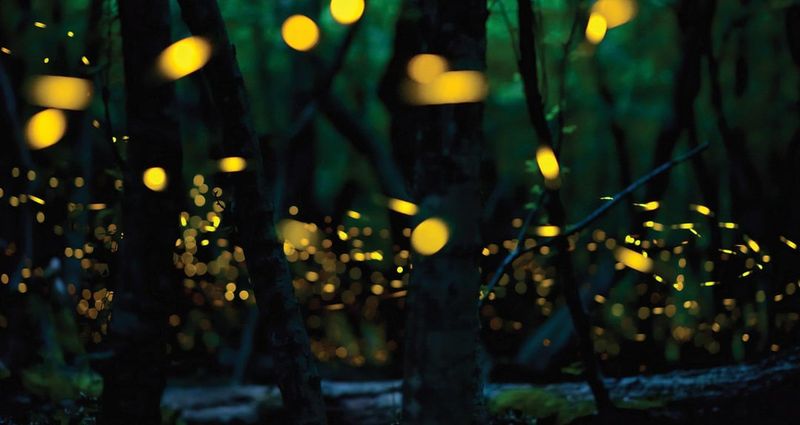
Firefly larvae feast on snails, slugs, and worms that thrive among native Florida plants. When homeowners replace natural vegetation with non-native ornamental species, the food chain collapses.
Exotic grasses and imported flowers do not support the same diversity of small creatures that fireflies hunt. Without adequate prey, young fireflies starve before reaching adulthood.
Planting native Florida species in yards creates a buffet that sustains fireflies and other important wildlife throughout their development.
6. Frequent Lawn Mowing Destroys Breeding Grounds
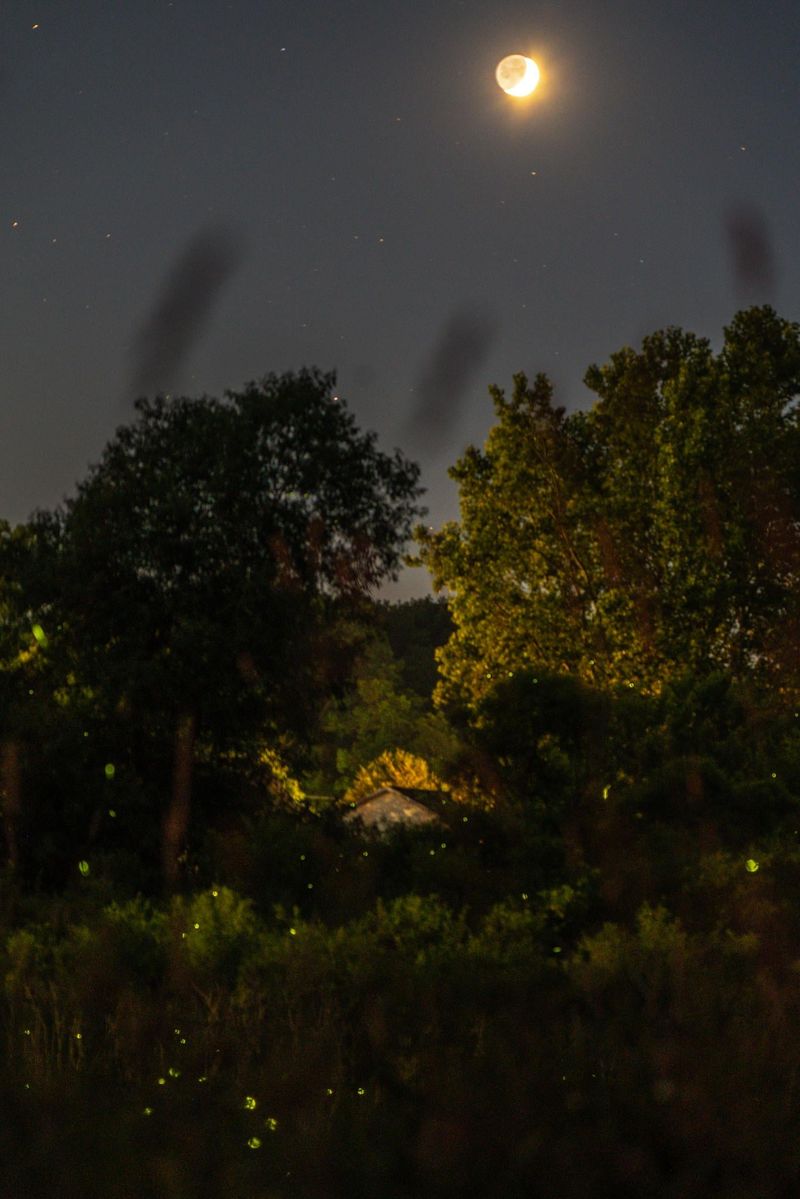
Perfectly trimmed lawns might look neat, but they create hostile environments for fireflies in Florida. Female fireflies often lay eggs in tall grass and leaf litter that gets removed during frequent mowing.
Lawn mowers chop up firefly larvae hiding in vegetation, killing them instantly. Raking away fallen leaves eliminates the damp, protected spaces young fireflies need.
Leaving some areas of Florida yards unmowed during summer provides crucial sanctuary where fireflies can safely grow and multiply.
7. Water Pollution Contaminates Their Habitats
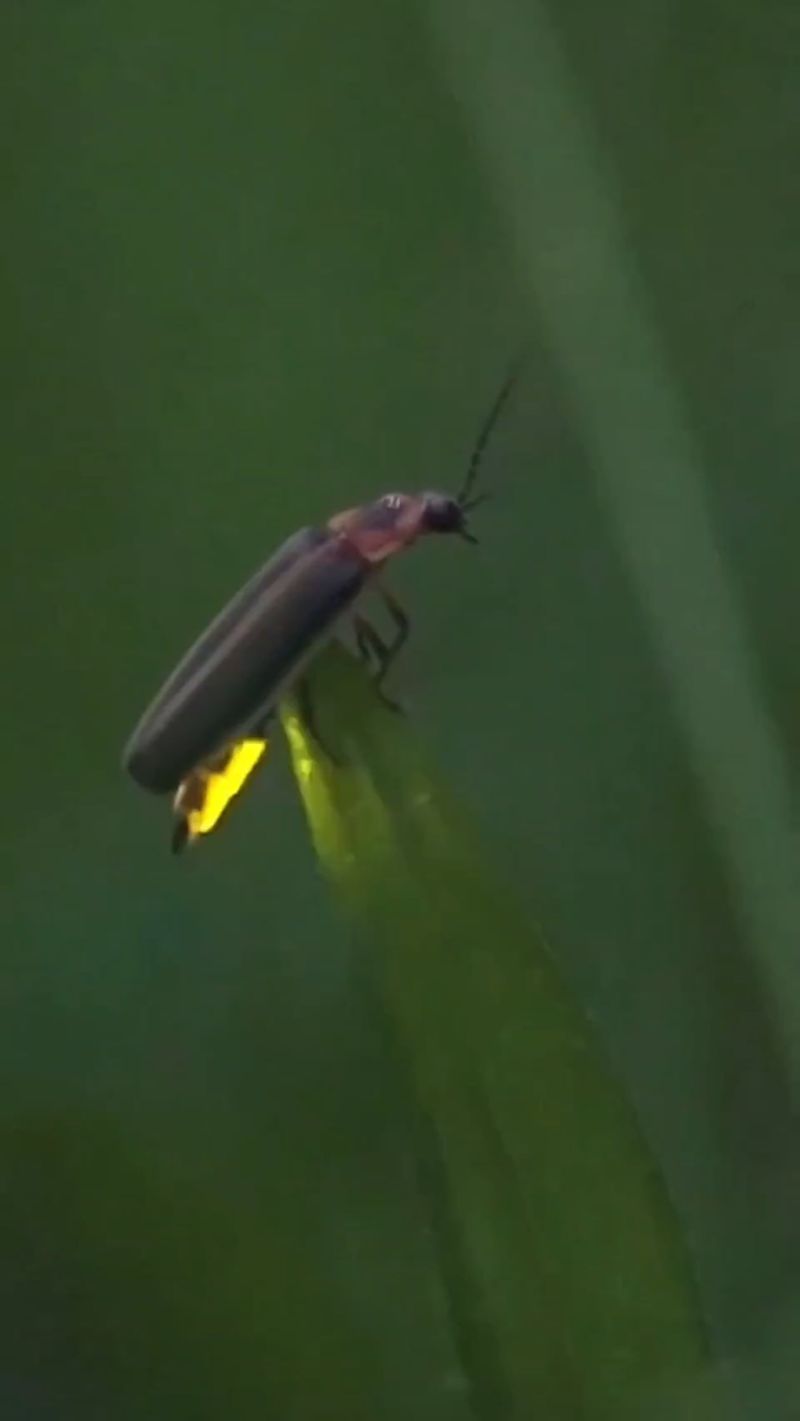
Runoff from roads, farms, and lawns carries fertilizers and oils into Florida streams and wetlands where fireflies breed. These pollutants poison the water and soil that firefly larvae depend on.
Contaminated environments cannot support the snails and worms that fireflies eat, breaking the food chain completely. Even fireflies that survive pollution often cannot reproduce successfully.
Reducing fertilizer use and preventing chemical runoff helps keep Florida waterways clean enough for fireflies to flourish naturally.

